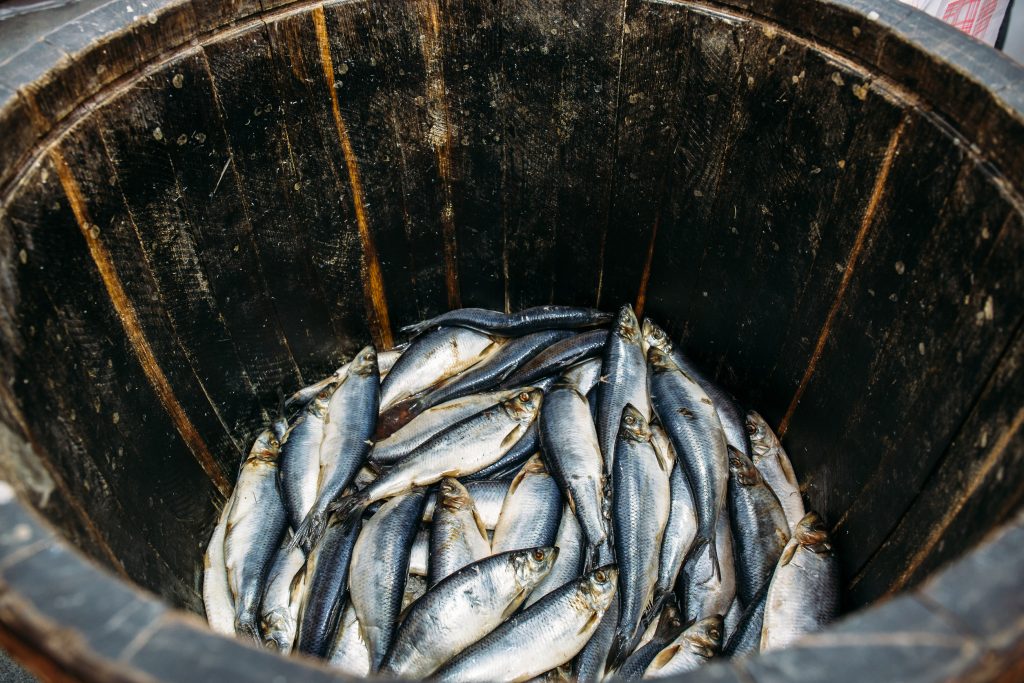
www.optimistdaily.com
World Trade Organization launches first global agreement to curb overfishing
BY THE OPTIMIST DAILY EDITORIAL TEAM
After years of negotiations and national approvals, a landmark World Trade Organization (WTO) agreement aimed at reducing overfishing officially took effect on September 15. The deal requires countries to scale back subsidies that encourage unsustainable fishing practices, with the goal of protecting dwindling marine life and promoting global food security.
The WTO Agreement on Fisheries Subsidies marks a first on multiple fronts: it is the organization’s first treaty centered on environmental protection and the first broad, binding multilateral pact dedicated to safeguarding the world’s oceans. Director-General Ngozi Okonjo-Iweala, who has long championed the effort, called the agreement a critical step toward “ensuring sustainability of wildlife in the world’s seas and oceans.”
Building global momentum
The pact cleared its final hurdle when Brazil, Kenya, Tonga, and Vietnam formally adopted it, bringing the total number of supporting countries to 112; That’s just over the two-thirds threshold required from WTO’s 166 members. Major powers including China, the United States, and the European Union are on board, though key players such as India and Indonesia remain holdouts.
The Pew Charitable Trust highlighted the agreement’s impact on the estimated 22 billion dollars in annual subsidies that fuel overfishing worldwide. Under the deal, a portion of those funds will be restricted, and a dedicated “fish fund” will help developing nations implement the changes.
What the agreement covers (and what it doesn’t)
For now, the rules apply to subsidies tied to illegal fishing and already overfished stocks. A second, unfinished phase would go further by curbing subsidies that lead to overcapacity in industrial fishing fleets, such as funds that support the construction of new vessels.
The economic stakes are high. As experts note, the more ships global fleets can build, the cheaper and more attractive large-scale fishing becomes. This encourages a dynamic that threatens to drive fish stocks to collapse. Advocates hope that early progress on the first phase will generate momentum for the second.
Why overfishing matters now
Ocean conservation groups stress that the urgency could not be greater. One such organization, Oceana, points out that fish populations were already declining more than a generation ago, and today “the situation is even more dire,” with an estimated 38 percent of global stocks overfished.
Rashid Sumaila, an Oceana board member and head of the Fisheries Economics Research Unit at the University of British Columbia, emphasized the human cost: “Without fish, it’s game over for the hundreds of millions of people who depend on the ocean.”
Sumaila also cautioned that while the agreement is historic, it is not sufficient on its own. “The first phase won’t stop the billions in subsidies that fuel overfishing and overcapacity,” he said. “But it does create a foundation that must be built on further.”
A foundation for the future
The WTO’s fisheries agreement represents a fragile but hopeful step in tackling one of the most pressing environmental challenges of our time. For conservationists, policymakers, and coastal communities, the measure is not an endpoint but a beginning. A beginning that underscores how international cooperation can still make waves in protecting shared resources.The post World Trade Organization launches first global agreement to curb overfishing first appeared on The Optimist Daily: Making Solutions the News.










